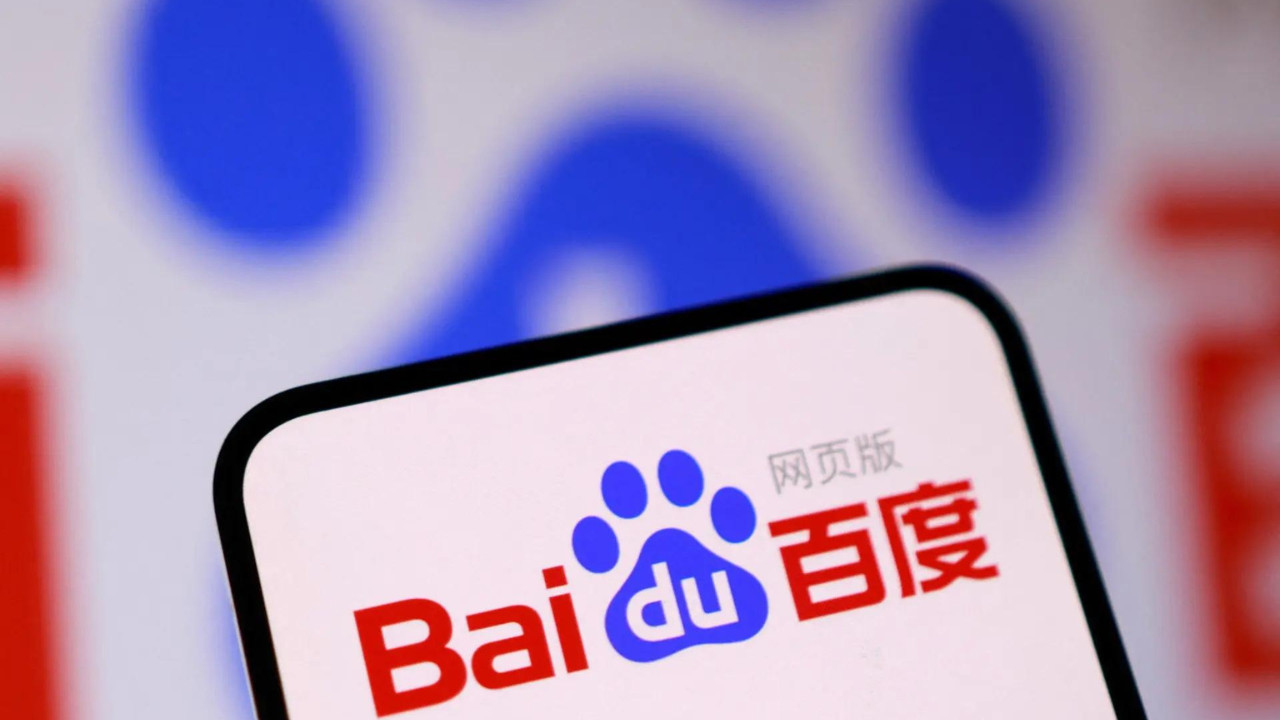Baidu, the Chinese internet giant, reported a 4% year-on-year revenue decline in the second quarter, impacted by weak domestic consumption. Despite this, net profit rose 33% year-on-year.
Navigating the Tech Tides: Baidu’s AI Pivot Amidst China’s Economic Shift
The hum of innovation in China’s tech sector isn’t quite as loud as it used to be. Recent financial results from Baidu, the country’s search engine giant, paint a picture of a market navigating some choppy waters. A dip in quarterly revenue, largely attributed to weakened consumer demand, has prompted a strategic recalibration. But far from retreating, Baidu is doubling down on artificial intelligence, viewing it as a vital lifeline and a gateway to future growth.
The economic landscape in China is undeniably shifting. Consumer spending, a key driver of growth, has slowed considerably. This slowdown ripples through various sectors, impacting advertising revenue, a significant contributor to Baidu’s overall earnings. While the challenges are real, they also present an opportunity for companies to adapt and innovate. Baidu’s response is a clear indicator of this strategic pivot.
Baidu’s AI Gamble: Robotaxis and Beyond
Baidu isn’t just passively weathering the storm; it’s actively building a new ark. The company’s commitment to artificial intelligence is becoming increasingly central to its long-term strategy. Its robotaxi project, Apollo Go, stands as a testament to this commitment. While still in its nascent stages, Apollo Go represents a potentially transformative venture, aiming to revolutionize urban transportation.
The vision is ambitious: a fleet of autonomous vehicles navigating city streets, providing a safe, efficient, and convenient mode of transportation. The company has been aggressively expanding its robotaxi footprint, securing permits to operate in various Chinese cities and accumulating valuable real-world data. This data, in turn, fuels further advancements in AI algorithms, paving the way for more sophisticated and reliable autonomous driving capabilities. The alt text for this image shows a  Baidu robotaxi navigating city streets.
Baidu robotaxi navigating city streets.
The appeal of robotaxis is clear: they promise to alleviate traffic congestion, reduce accidents caused by human error, and offer greater mobility to those who cannot drive themselves. However, the path to widespread adoption isn’t without its hurdles. Regulatory frameworks need to evolve, public trust needs to be earned, and the technology itself needs to be refined to handle the complexities of real-world driving scenarios.
The Broader AI Ecosystem and its Impact on Baidu
Beyond robotaxis, Baidu is investing heavily in a broader range of AI applications. From cloud computing and smart devices to AI-powered search and advertising, the company is exploring various avenues to leverage the power of artificial intelligence. This diversified approach mitigates risk and allows Baidu to capitalize on multiple growth opportunities.
For instance, Baidu’s AI Cloud is gaining traction, offering businesses a suite of tools and services to streamline operations, enhance customer experiences, and drive innovation. Its smart speaker business is also expanding, integrating AI-powered voice assistants into households across China. Furthermore, the company is refining its core search engine capabilities by incorporating AI algorithms to deliver more personalized and relevant search results.
This push into AI also creates a strong internal link with other innovative Chinese companies. Consider the advancements being made by companies like Alibaba in AI-driven retail solutions. The synergy between these different sectors strengthens the entire ecosystem.
Challenges and Opportunities Ahead for Baidu
Despite the promising outlook, Baidu faces considerable challenges. Competition in the Chinese tech market is fierce, with rival companies vying for market share in various AI-related sectors. Regulatory uncertainties also loom large, as the government continues to grapple with the implications of AI and its potential impact on society.
However, these challenges also present opportunities for Baidu to differentiate itself and establish a leadership position. By prioritizing ethical AI development, fostering collaboration with regulatory bodies, and focusing on user-centric innovation, the company can navigate the evolving landscape and solidify its role as a key player in the global AI arena.
Looking ahead, Baidu’s success hinges on its ability to effectively execute its AI strategy, adapt to changing market conditions, and navigate the complex regulatory environment. The company’s resilience and adaptability will be key to weathering the current economic slowdown and capitalizing on the long-term potential of artificial intelligence. Its commitment to innovation and its willingness to embrace new technologies position it for sustained growth, even as it faces considerable headwinds. The company’s performance will be a key barometer for the overall health and direction of China’s evolving tech landscape.
Slug suggestion: baidu-ai-pivot-china-tech-slowdown







